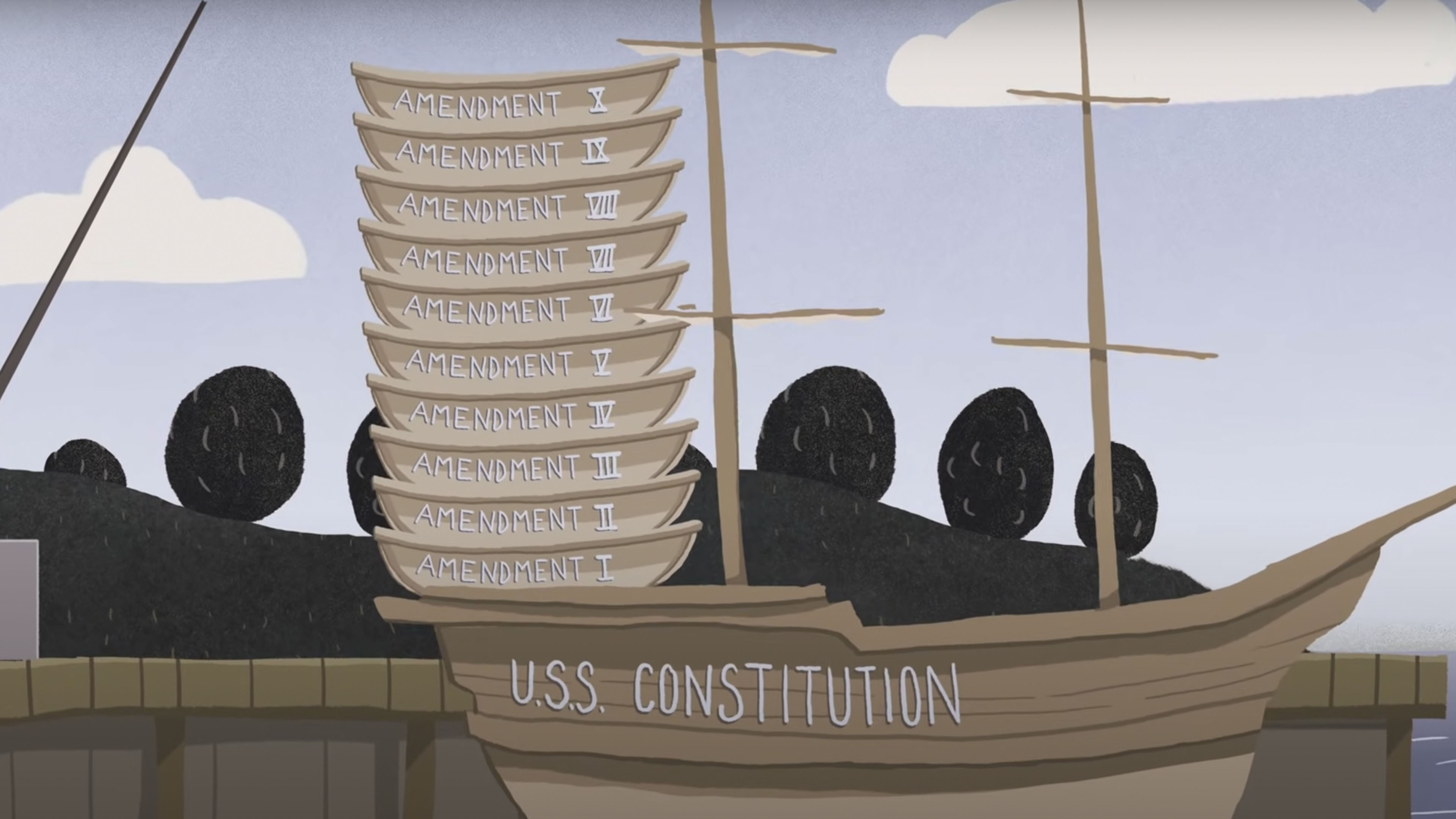Paul G. Cassell received a B.A. (1981) and a J.D. (1984) from Stanford University, where he graduated Order of the Coif and was President of the Stanford Law Review. He clerked for then-Judge Antonin Scalia when Scalia was on the U.S. Court of Appeals for the D.C. Circuit (1984-85) and then for the Chief Justice of the United States, Warren Burger (1985-86). Cassell then served as an Associate Deputy Attorney General with the U.S. Justice Department (1986-88) and as an Assistant U.S. Attorney for the Eastern District of Virginia (1988 to 1991). Cassell joined the faculty at the College of Law in 1992, where he taught full time until he was sworn in as a U.S. District Court Judge for the District of Utah on July 2, 2002. In November 2007, he resigned his judgeship to return full time to the College of Law, to teach, write, and litigate on issues relating to crime victims' rights and criminal justice reform.
Professor Cassell teaches criminal procedure, crime victims' rights, criminal law, and related classes. He has also pubished numerous law review articles on criminal justice issues in journals such as the Stanford Law Review, the Michigan Law Review, the Harvard Journal of Law and Public Policy, the Journal of Criminal Law and Criminology.
Professor Cassell has argued cases relating to crime victims' rights before the United States Supreme Court, the 4th, 5th, 6th, 7th, 8th, 10th, and D.C. Circuits, the Utah Supreme Court, and various other courts around the country.
*****
A person listed as a contributor has spoken or otherwise participated in Federalist Society events, publications, or multimedia presentations. A person's appearance on this list does not imply any other endorsement or relationship between the person and the Federalist Society. In most cases, the biographical information on a person's "contributor" page is provided directly by the person, and the Federalist Society does not edit or otherwise endorse that information. The Federalist Society takes no position on particular legal or public policy issues. All expressions of opinion by a contributor are those of the contributor.
“Minneapolis Effect” and the Recent Homicide Spikes
Utah Student Chapter
S.J. Quinney College of Law, Room 4603383 South University St E
Salt Lake City, UT 84112
The Minneapolis Effect: Explaining the Nation's Recent Homicide Spikes
Utah Student Chapter
Zoom Webinar -- UtahVirtual
Salt Lake City, UT 84112
Was Miranda Wrong?
Stanford Student Chapter
Stanford Law School559 Nathan Abbott Way
Stanford, CA 94305
Criminal Justice Reform Discussion
TeleforumMiranda v. Arizona [SCOTUSbrief]
Short video featuring Paul Cassell
Whenever law enforcement performs a custodial interrogation of a suspect in the United States, it...
Mapp v. Ohio [SCOTUSbrief]
Short video featuring Paul Cassell
When police officers commit an unconstitutional search, should the evidence they obtained be usable in...
Do Victim Impact Statements Impact Criminal Sentencing? [POLICYbrief]
Short video featuring Paul Cassell
Every courtroom in America allows crime victims to give statements to the judge before sentencing....
Criminal Justice Reform Discussion
Criminal justice reform has been a hot political topic for several years now, bringing together...
Government Wrongs and Victims’ Rights - Podcast
Criminal Law & Procedure Practice Group Podcast
Paul G. Cassell, a University of Utah School of Law professor and a former federal...

Amendments
Amendments to the Constitution are almost as old as the Constitution itself. Learn more about the original “Amendments” (which we now call the Bill of...








![Click to play: Miranda v. Arizona [SCOTUSbrief]](https://img.youtube.com/vi/_XkcoGwxEvg/mqdefault.jpg)
![Click to play: Mapp v. Ohio [SCOTUSbrief]](https://img.youtube.com/vi/jVl4XD3NkKo/mqdefault.jpg)
![Click to play: Do Victim Impact Statements Impact Criminal Sentencing? [POLICYbrief]](https://img.youtube.com/vi/UtGr6p81VBE/mqdefault.jpg)

